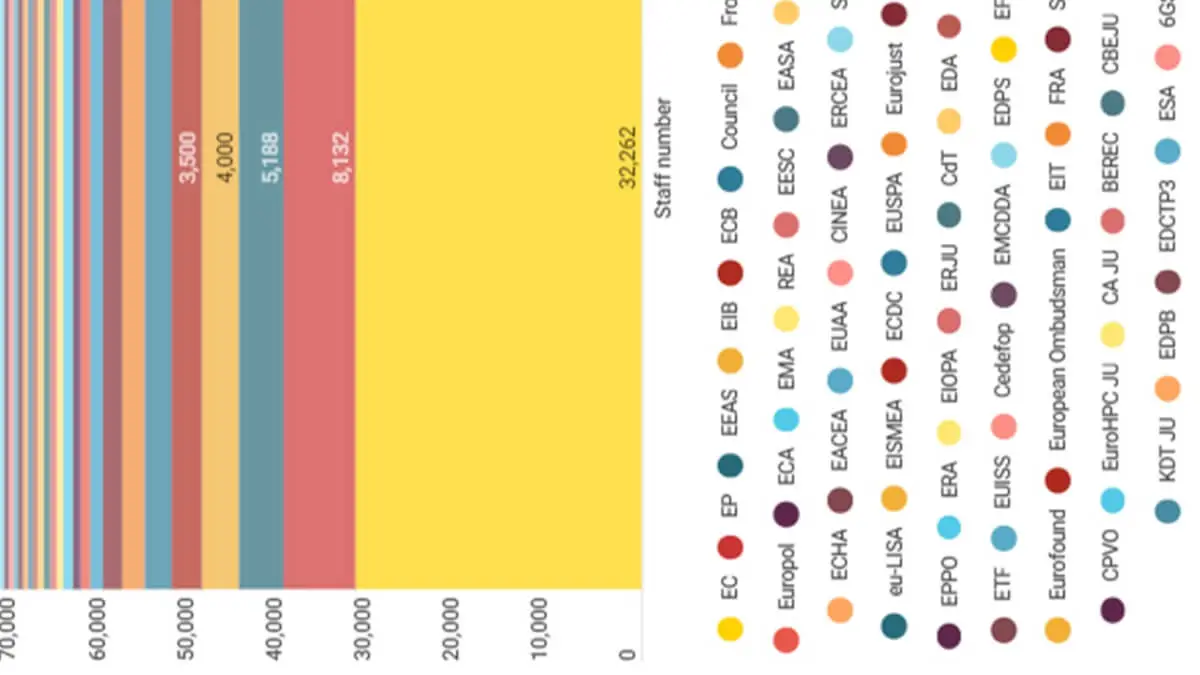Brussels, 22 February 2024
Frankfurt will be the home of the upcoming European authority for anti-money laundering and countering terrorist financing (AMLA). This was decided on February 22 by the heads of state at the Council of the European Union and the European Parliament.
The authority is set to exercise both direct and indirect supervisory roles over entities obligated to adhere to anti-money laundering regulations, with the jurisdiction to enforce sanctions and corrective measures where necessary.
It joins two institutions with a similar law-enforcement mandate – OLAF and EPPO – but will particularly focus on combatting money laundering and terrorist financing.
AMLA is expected to play a critical role in enhancing the effectiveness and cohesion of the EU’s anti-money laundering and counter-terrorist financing measures. By centralizing oversight, AMLA aims to eliminate the current fragmentation in national-level supervision and ensure a more uniform application of rules across the Union.

Start of operations and staff numbers
The new agency is slated to commence operations in mid-2025.
AMLA will be staffed by over 400 experts dedicated to the fight against financial crimes within the EU.
Historical Context and Legislative Journey
The path to AMLA’s inception began on July 20, 2021, when the European Commission proposed a suite of legislative measures aimed at strengthening AML/CFT rules. Following extensive negotiations, a provisional agreement on the AMLA regulation was achieved on December 13, 2023.
The EU Court of Justice had previously underscored the legislative authority’s responsibility in determining the locations of EU agencies. This was made clear in the rulings concerning the European Medicines Agency and the European Labour Authority on July 14, 2022, which clarified that such decisions must adhere to the ordinary legislative procedure outlined in the EU Treaties.
Subsequent to the Court’s judgments, the Parliament, the Council, and the Commission engaged in dialogue to establish a transparent selection process for AMLA’s seat, the first agency to be established post-rulings.
In June 2023, an agreement was reached on the criteria for seat selection, followed by a call for applications issued by the Commission in September, with a November deadline for member states to submit their bids.

Frankfurt’s competitors
The race to host AMLA saw nine member states vying for the privilege: Belgium, Germany, Ireland, Spain, France, Italy, Latvia, Lithuania, and Austria, each presenting cities such as Brussels, Dublin, Madrid, Paris, Rome, Riga, Vilnius, and Vienna respectively.
The European Commission was charged with the task of evaluating the eligibility of each application. These assessments, released in January 2024, were crucial to the decision-making process. The co-legislators also agreed to conduct joint public hearings, providing a platform for member states to advocate for their respective candidacies.
The choice of Frankfurt as AMLA’s headquarters is strategic, given the city’s established reputation as a leading financial center in Europe and home to the European Central Bank. The city’s infrastructure, expertise in financial services, and robust legal framework make it an apt location for an authority tasked with harmonizing anti-money laundering efforts across the EU.
RELATED:






